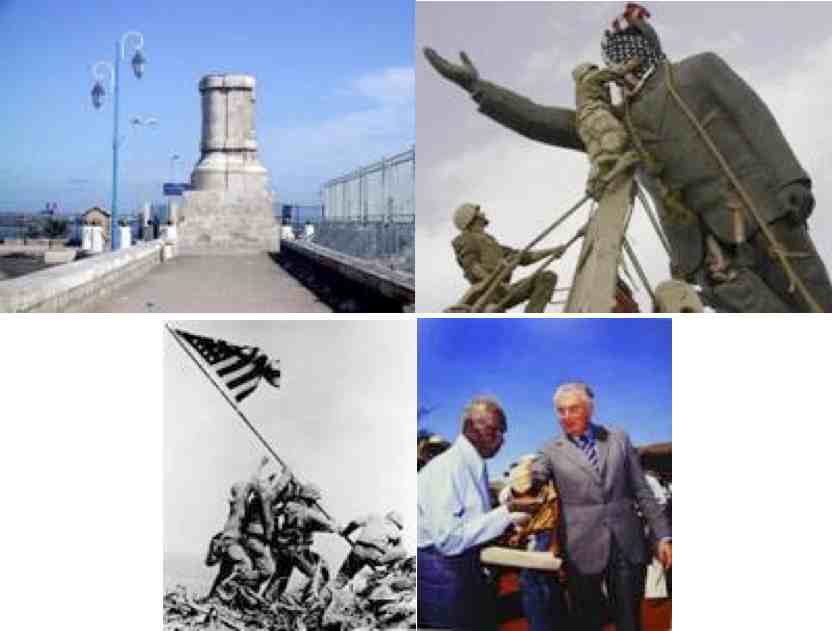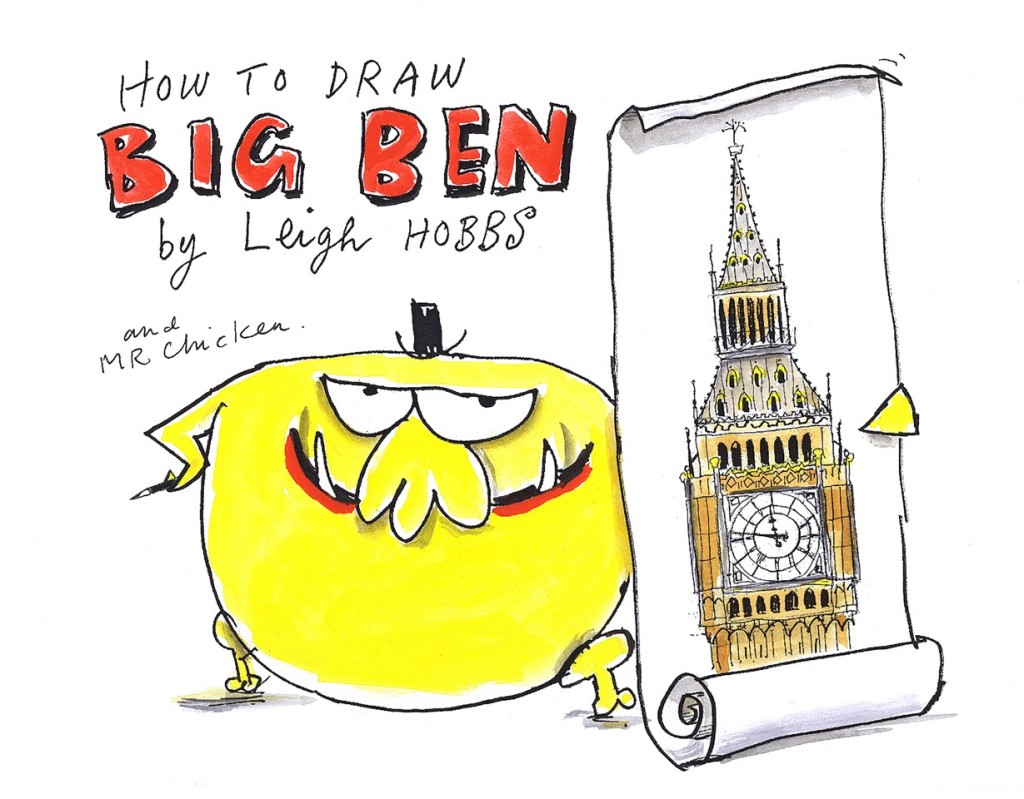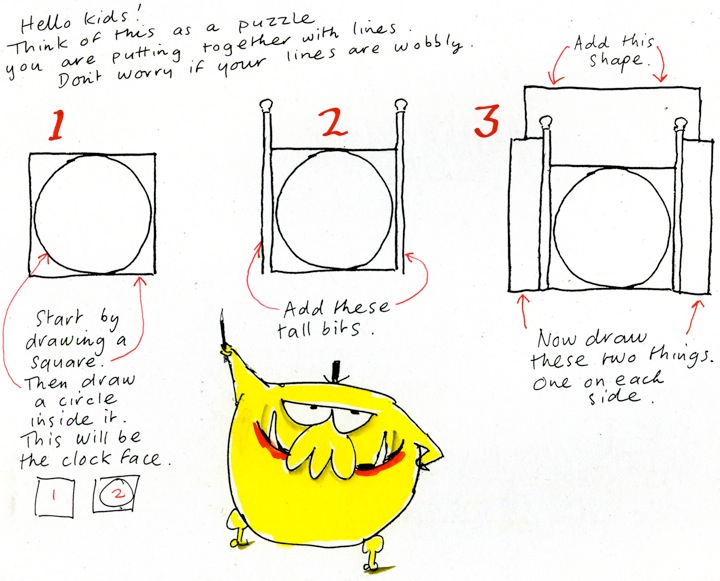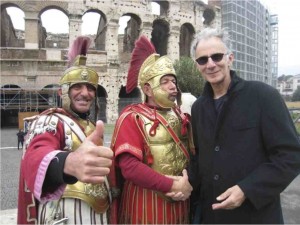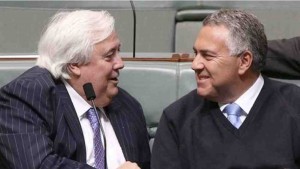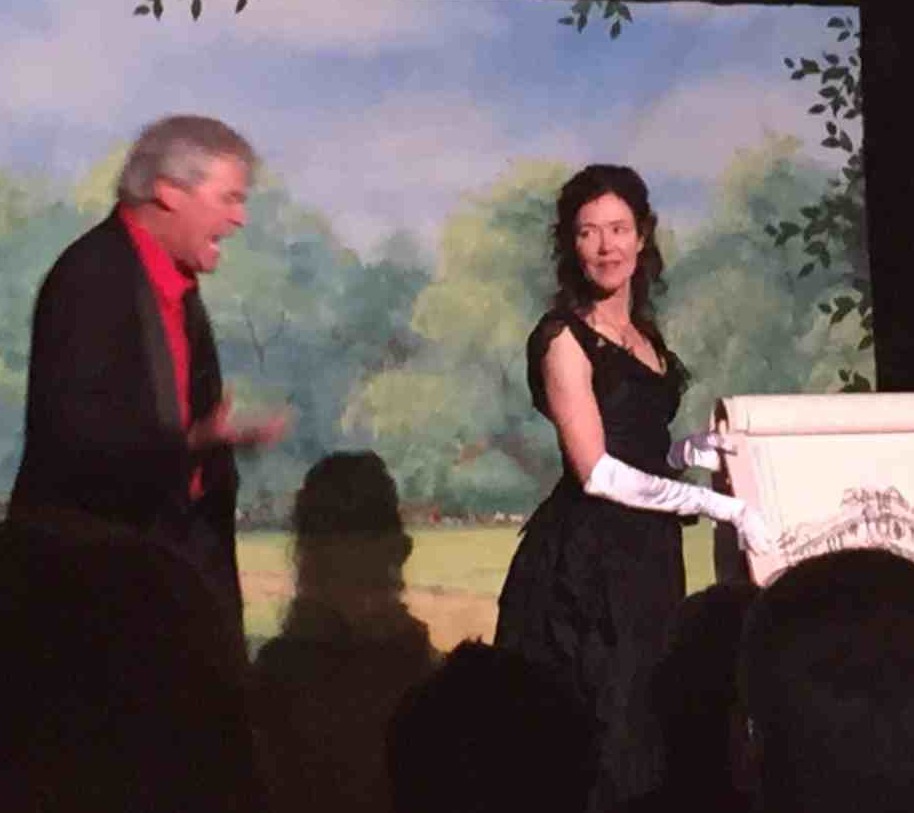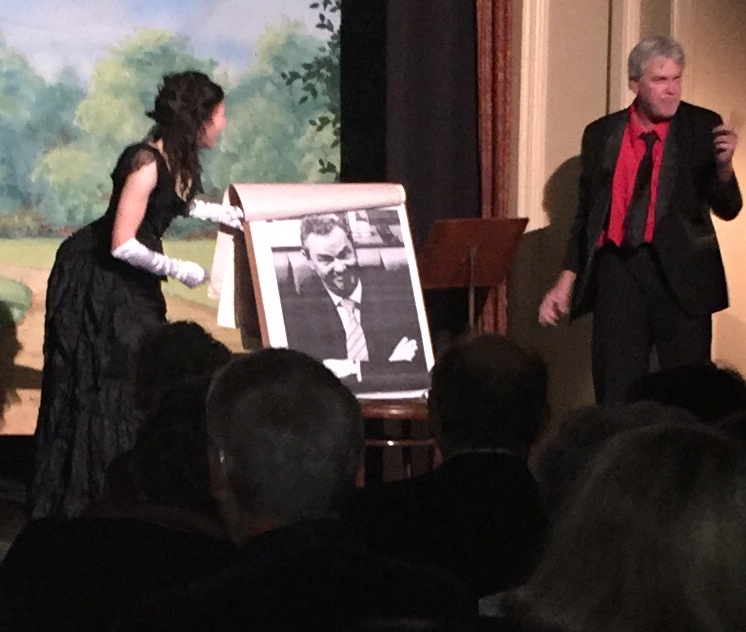Today Ira Maine, Poetry Editor introduces John Clare. Clare’s poem ‘I am’ is at the very bottom
POETRY SUNDAY
John Clare (1793-1864) English Poet.
John Clare, the son of an agricultural labourer, was born in the village of Helpston in Northamptonshire. He left school at twelve and worked, first as a pot boy in the local pub, before, like his father, taking up the job of farm labourer. His slight stature, (he was only five feet tall) his regular illnesses and, as he got older, his increasing bouts of madness, were all probably (it is speculated) due to malnutrition in his childhood.
Clare was born into agricultural turmoil. Ancient pastures were being ploughed up to grow wheat to feed the war against Napoleon Bonaparte. Old hedgerows were torn out, forests and groves flattened and ‘commons’, common land upon which the average peasant absolutely depended for firewood, food and shelter, were being enclosed, or fenced off, the peasants driven off and driven into the new industrialised sweatshops.
Clare watched and wrote about this appalling loss of an ancient way of life. His work was well received even though Clare insisted on using local dialect words and terms which to many would have been impossible to understand. For example, here is an extract from his poem ‘Emmonsail’s Heath in Winter’;
‘…Up flies the bouncing woodcock from the brig
Where a black quagmire quakes beneath the tread;
And for the haw round fields and closen rove,
And coy bumbarrels, twenty in a drove,
Flit down the hedgerows in the frozen plain
And hang on little twigs and start again…
I remember wintry scenes like this in country Ireland and wondering then how on earth creatures survived the relentless, frozen weeks.
The black quagmire (a dark ditch or pool) is bounced into by the busy woodcock who then sets himself to ‘…rove…’ for food amongst the bare hawthorn bushes. These bushes had been traditionally grown ‘…round fields…’ to grow into well managed impenetrable hedges to keep sheep and cattle enclosed (‘…and closen…’). In my youth these hedges were alive with hedgehogs, prowling foxes, rabbits, hares and bird’s nests. And then Clare mentions in dialect ‘…coy bumbarrels, twenty in a drove…’ and we can probably tell what they are because they ‘flit down hedgerows…hang on …twigs and start again…’
Sparrows is my guess, flitting round the bare branches, hanging for a second on flimsy twigs, then off again, desperate to get enough to eat to allow them to survive the Winter frost and snow until the salvation of Spring comes round again.
Clare watched, horrified, as factory farming destroyed hedges, woodland and ancient groves, gates and stone walls, a habitat that had provided such grace and diversity, an astonishingly rich breeding ground for all that life and Nature had to offer, and to see it suddenly torn apart, destroyed utterly, must have been, to a man of Clare’s sensibility, devastating.
Devastated he might very well have been, but the condition didn’t prevent him from marrying the young Martha Turner in 1820 and having seven children.
He had also, at an early age, fallen madly in love with a lass called Mary Joyce, but her successful farming father would have none of it and strongly discouraged the match. Clare, though rejected, would never forget Mary and imagined, much later on, when he was confined to a lunatic asylum, that he was in fact, married to the girl. His poor cracked brain imagined he was married to both his real wife, Martha Turner and to Mary, simultaneously. Time and time again, despite modest literary successes, he found difficulty supporting his large family and was driven back to the business of labouring, simply to pay the bills. A wife and kids can’t live on love and need regular feeding.
Clare, despite his difficulties, was gaining enough reputation to have an admirer, the Marquess of Exeter bequeath to him an annuity of fifteen guineas. (one guinea equalled twenty one shillings when a pound was worth twenty shillings) Together with other subscriptions from important London supporters, he wound up with the substantial sum of 45 pounds annually. Despite this sizeable income, by 1823, he was, to all intents and purposes, broke.
In his thirties now, he began to exhibit a sufficient level of madness for Martha, his wife to have him committed to The Northampton General Lunatic Asylum, where he was generally considered to be quietly and gently insane. However, in all of his writings, whilst confined, there is not the least trace of madness. It seems that the moment he took pen to paper, sanity flooded in, took hold and guided his hand.
It is important here to emphasize that, despite his condition, hugely influential people recognised his astonishing talent and went out of their way to support him. When, due to debt, he went back to labouring, Earl Fitzwilliam presented him with a rent free cottage with sufficient land attached to grow vegetables and allow his family to take the air. Hopeless and a bit helpless poor John Clare even managed to wreck this arrangement.
Eventually, Clare was confined to yet another lunatic asylum, this time at Loughton in Essex, not far from London, This latest ‘hospital’ was at least 90 miles from his home in Northamptonshire. Having spent three or four years there, one day he decided, without consultation or permission, to go home. He walked the ninety miles (about 150 kilometres) back home and in his deluded state, called at Mary’s family home to collect her. Sadly, John had no idea that Mary had been dead for three years. How he coped with this revelation is unknown to me, but he apparently moved back home with Martha and the kids and resumed his old life. No posse arrived to take him back, no enquiries were made as to his whereabouts, and his contacts with the literary world were as firm as ever.
Clare continued to write, slipping in and out of madness, labouring, accepting help from supporters until eventually, at the age of 71, he died.
He is reckoned nowadays, to be one of the finest nature poets in the English language, his evocations of pre-industrialized rural England absolutely unsurpassed.
Probably the one poem he is best known for concerns, not badgers and birdlife and the vanishing landscape, but the erratically vanishing landscape of his own mind.
The poem, entitled ‘I Am…’ is Clare desperately trying to deal with the shadows, phantoms and dreams that so beset him in his times of madness. Read the poem and he is not mad at all. He is a man struggling to make sense of this other side of him which he can, in his rational mind, examine and dissect. But even the poem’s first verse, though technically excellent, reflects his deluded view of the world.
‘…my friends forsake me like a memory lost;…’
This is nonesense of course. Had it not been for his friends and their encouragement he would have, years ago, died a pauper in the workhouse.
He lives, he tells us, rather self-pityingly, as ‘…the self-consumer of my woes…’ presumably meaning he is all alone and has no one to share his troubles with.
‘…They rise and vanish…like shades in love…’ It is difficult to know whether he is referring here to his friends or his woes. In the first instance he perhaps imagines his friends have risen and vanished, deserting him. On the other hand, real or imagined woes possess his fevered mind for a time then simply vanish, like ‘…shades of love…’ and as they do the possibility of ‘…death’s oblivion…’, the possibility of swapping his madness for death, recedes.
And yet, he says, ‘… I am…’,
Clare sees himself as existing half in this world and half out of it. He knows that, unlike other people, he lives in the shadows created by his disturbed self, a half world of ‘…waking dreams, where there is neither sense of life nor joys, but the vast shipwreck of my life’s esteems…’
Clare is perfectly capable of observing his own own madness but is utterly incapable of either reversing or controlling it. Each bout must be allowed to run it’s course, during which even his nearest and dearest, his own family become alien to him; ‘… are strange-nay, rather stranger than the rest…’ to his demented brain.
The final verse is self explanatory. He longs for a world which will allow him to sleep untroubled as he did as a child, a garden of Eden, a Heaven where he can ‘abide with my Creator, God…’ and be, not simply free of his mind’s torment, but to become forever free, free for eternity, happy and finally at ease.
Deservedly John Clare’s work has survived very well into the present century and the space his work occupies in the pantheon is substantial.
The last two lines of this poem might equally be read as referring to either Clare’s work or his happy place amongst the stars.
‘…Untroubling and untroubled where I lie;
The grass below- above the vaulted sky.’
And now for the poem
I Am!
My friends forsake me like a memory lost;
I am the self-consumer of my woes,
They rise and vanish in oblivious host,
Like shades in love and death’s oblivion lost;
And yet I am! and live with shadows tost
Into the living sea of waking dreams,
Where there is neither sense of life nor joys,
But the vast shipwreck of my life’s esteems;
And e’en the dearest–that I loved the best–
Are strange–nay, rather stranger than the rest.
A place where woman never smil’d or wept;
There to abide with my creator, God,
And sleep as I in childhood sweetly slept:
Untroubling and untroubled where I lie;
The grass below–above the vaulted sky.

